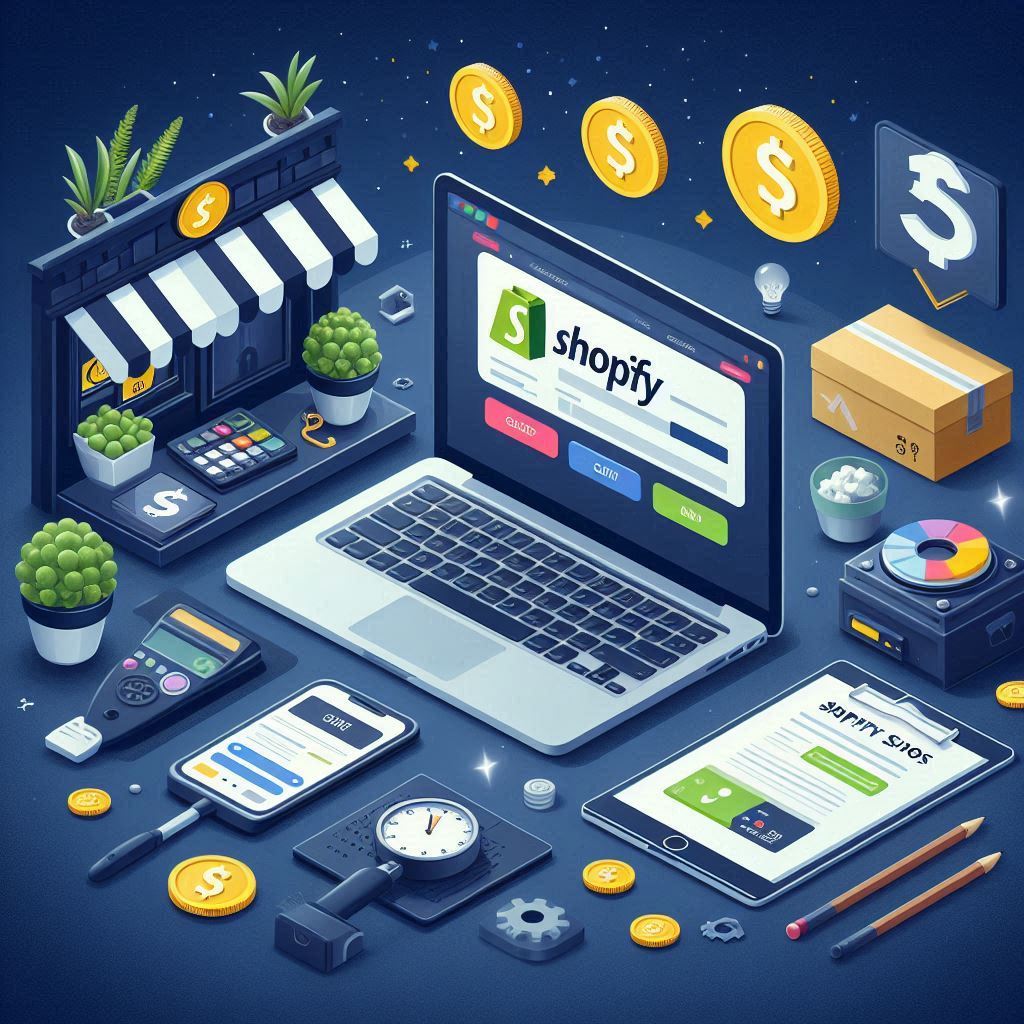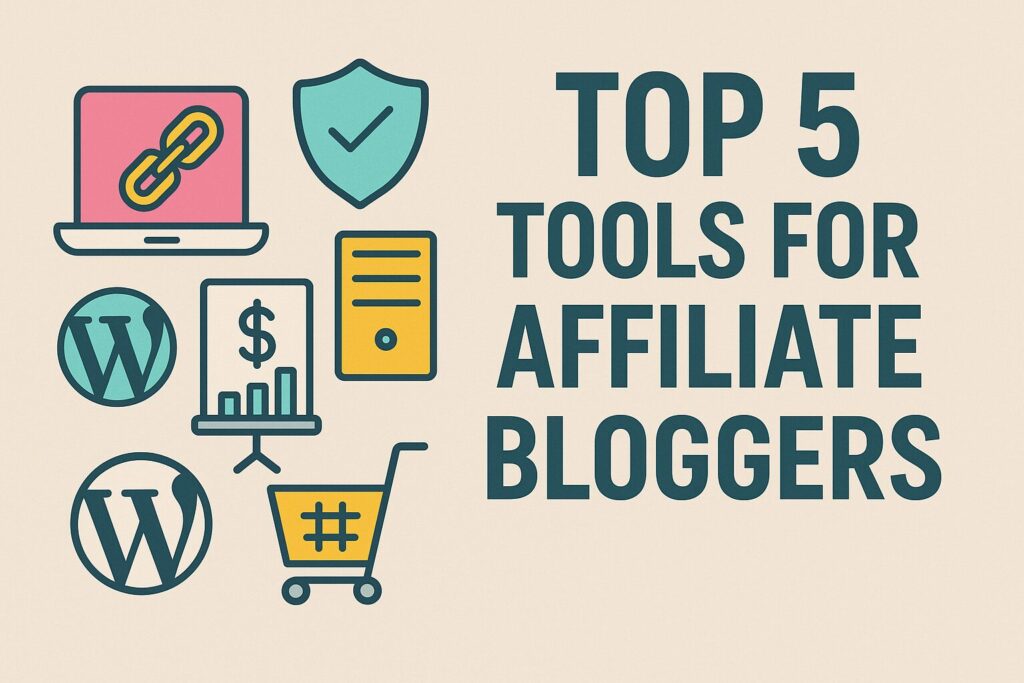This post contains affiliate links.
Shopify is a hosted ecommerce platform built to support product-based brands. It’s used by entrepreneurs, startups, and established businesses that want a simple way to sell physical or digital products online. This overview breaks down who it’s for, what it offers, where it shines, and what to watch out for.
What Shopify Offers Out of the Box
Shopify gives users a fast setup and a full suite of built-in features. You don’t need hosting or third-party plugins to get started.
- Custom domain setup
- Checkout and payment gateway included
- Mobile-responsive themes
- App integrations for email, accounting, reviews, shipping, SEO, and more
- Product management dashboard for inventory, variants, pricing, and tracking
- Abandoned cart recovery options
- Built-in analytics and reports
Everything happens inside a clean, intuitive dashboard. Business owners can run stores without learning code or web development.
Shopify Is Best for Product-Based Businesses
| Business Type | Platform Fit |
|---|---|
| Physical product seller | ✅ Strong option |
| Dropshipping store | ✅ Compatible with apps like DSers |
| Digital products | ⚠️ Supported but limited delivery options |
| Subscription boxes | ✅ With recurring billing apps |
| Service provider | ⚠️ Needs app or workaround |
| Affiliate content site | ❌ Not the right platform |
Shopify works best when the business model revolves around selling actual products. Those selling services or digital files may need extra apps or consider other platforms.
Platform Strengths
- ✅ Clean setup with no tech experience required
- ✅ Access to professional themes for fast branding
- ✅ Reliable hosting and uptime
- ✅ Large app marketplace for expanding functionality
- ✅ Built-in SSL security for safe transactions
- ✅ International support for currencies, tax, shipping, and translations

Shopify scales easily. Brands can start with one product and grow into multiple collections and SKUs without changing platforms.
Limitations to Consider
- Monthly fees start at $39, and advanced plans go higher
- Many popular features require paid apps
- Blogging and long-form content tools are limited
- Transaction fees may apply unless using Shopify Payments
- Design flexibility depends on theme or coding knowledge
Those needing a high degree of customization or deep blogging features may feel restricted.
Affiliate Program Overview (via Impact)
Shopify pays affiliates when they refer new users who sign up and build ecommerce stores. The program supports content creators and marketers who feature Shopify in business-related posts.
Key notes:
- You earn when someone joins and becomes a paying customer
- Shopify tracks signups via your unique Impact affiliate link
- Tools are provided for banners, logos, and landing pages
- Use in roundups, comparison posts, business toolkits, or platform reviews
This affiliate opportunity works best for content sites catering to entrepreneurs, product creators, or digital brands.
Shopify’s Role in the Business Tool Ecosystem
Shopify belongs in the category of platforms built for commerce. It’s a serious solution for serious sellers. For business owners ready to manage inventory, take payments, and ship orders, Shopify is structured to handle growth.
Examples of possible use cases:
- A product-based brand selling handmade items
- A dropshipper targeting niche markets
- A startup launching branded merchandise
- An author selling books directly from their site
- A digital creator offering physical prints or boxed kits

Bottom Line
Shopify is a proven ecommerce platform for entrepreneurs who want to sell directly to consumers. It handles the backend infrastructure and streamlines the customer experience.
Affiliate content should feature tools that serve real business goals. Shopify qualifies as one of them—and earns its spot in any curated resource list aimed at brands building online.






